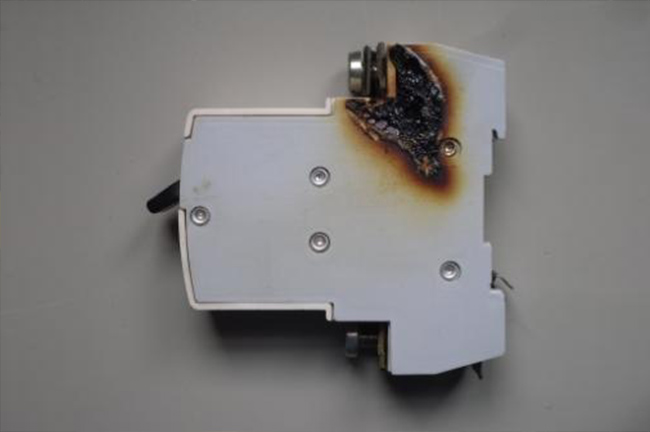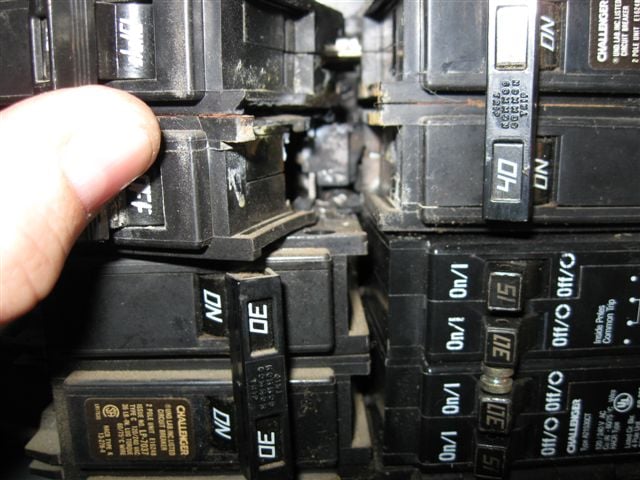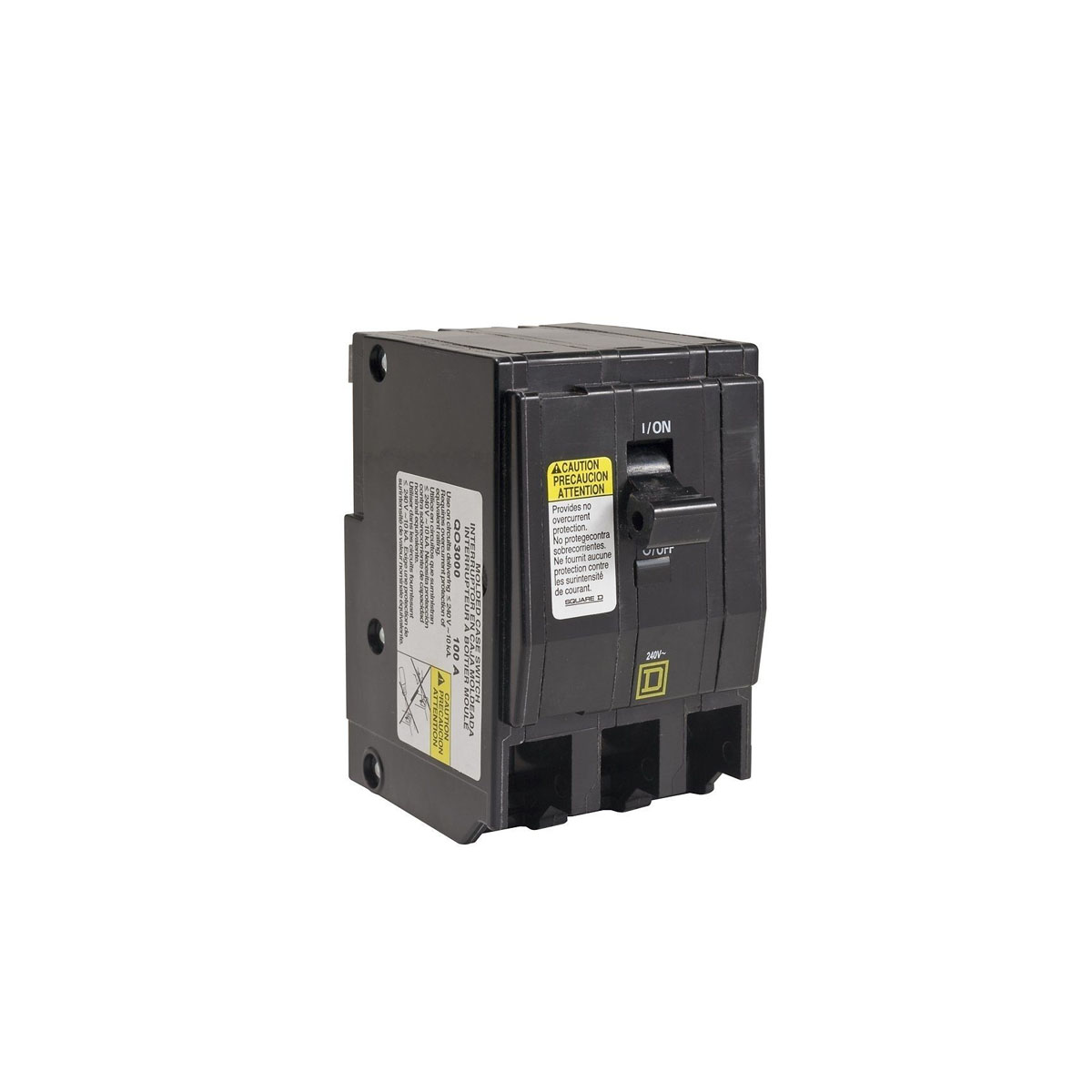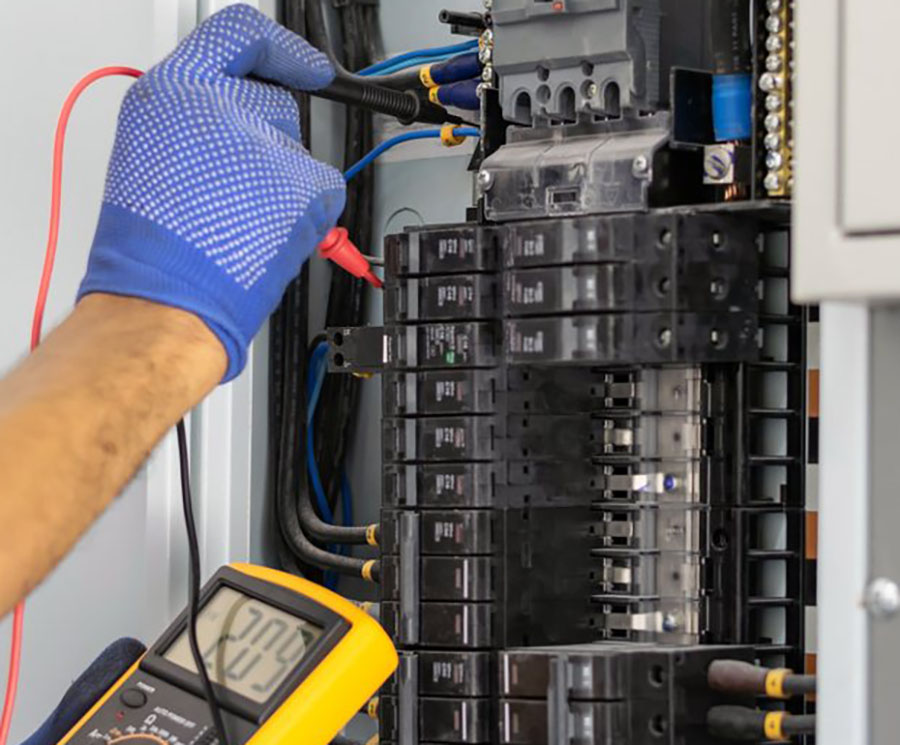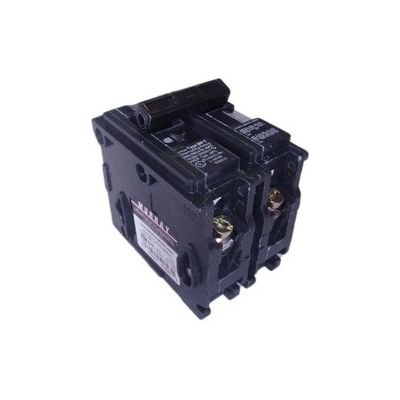What Are The Signs Of A Bad Circuit Breaker?
Circuit breakers play a critical role in every household. They safeguard the home against potentially dangerous electrical accidents, essentially protecting the electrical circuits from damage incurred due to overload or short circuits.
Like all things, circuit breakers wear out over time. It’s critical that you recognize bad circuit breaker symptoms to prevent sudden electrical mishaps. So, continue reading this detailed guide on circuit breakers to learn how to recognize when their lifespan is coming to an end.
How Long Do Circuit Breakers Last?
Electrical experts say circuit breakers generally last about 30 to 40 years. However, other experts estimate their lifespan to be about 15 to 20 years. The drastic differences in circuit breaker lifespans are primarily due to the storage conditions of the electrical devices. It also varies by brand, model, and amount of use.
Additionally, the type of circuit breaker also plays a role in the device's longevity. For example, Ground Fault Circuit Interrupters (GFCI) or Arc Fault Circuit Interrupters (AFCI) last around 15 to 20 years.
Do Circuit Breakers Get Weak?
Yes, circuit breakers can become weak. This is a result of general wear and tear on critical system components. For example, if it’s dealing with high voltage, the contacts may wear from multiple uses. The insulating medium can become contaminated and compromised.
On the other hand, in a residential setting, circuit breakers may also wear down over time. If you’re using it as a switch and operating it regularly, the device would eventually sustain contact wear. It’s important to schedule regular maintenance at the manufacturer’s recommended intervals to monitor for such wear.
What Should You Do If A Circuit Breaker Is Bad?
If you notice your circuit breaker is exhibiting telltale signs of failure, you need to replace it. Circuit breakers aren’t supposed to be in service past their prime. If they do, then potentially catastrophic problems may arise.
That is why once you determine the circuit breaker is bad, you should put in a new one. Call a professional electrician to handle the replacement process if you aren’t comfortable doing so. However, if you plan on completing the process yourself, you need to purchase a suitable replacement.
Ensure that you purchase a replacement that meets the current rating, voltage, and so on. Generally, circuit breakers feature markings stamped on them that tell you what kind of breaker you need for installation in the particular panel. Bay Power offers a variety of circuit breakers to replace faulty or old devices. Once you determine the type of breaker you need, visit Bay Power for your circuit breaker replacement.
What Are The Noticeable Signs Of A Bad Circuit Breaker?
Bad circuit breakers exhibit several noticeable signs, including the following:
Physical Visible Damage
You may notice scorch marks flanking your circuit breaker, outlets, or other electrical appliances. These marks mean that the electrical wiring in your home is melted and failing and can indicate serious issues with your electrical panel.
Melted wiring is hazardous and can cause a catastrophic fire, so if you notice damage near your circuit breaker, outlets, or electrical appliances, call an electrician immediately. While you wait, unplug all fixtures drawing from that particular circuit breaker.
Breakers Tripping Frequently
Frequently tripping breakers is another classic sign of a bad circuit breaker. If the breaker trips almost every time you turn on an electrical appliance, you may be dealing with an old, outdated breaker.
Circuit breakers trip when things are drawing too much power from it. For example, let’s say you have a few outlets in your kitchen drawing from the same breaker. You plug in the coffee machine, toaster, griddle, and kettle. The microwave may also be drawing from the same breaker. You may overload the breaker, causing it to trip.
If you notice that your breakers trip often, even if you only plug in a single appliance, there’s a good chance you’re dealing with a faulty breaker or need to add a circuit to your home. An electrician can determine if a circuit breaker replacement is necessary or if you need an additional circuit in your home.
Breaker Will Not Remain Reset
Routinely resetting your circuit breaker is another sign of a bad device. You may notice that you frequently need to reset the device. This can indicate circuit breaker failure, such as short-circuiting.
Ensure you call in an electrician to examine the entire circuit. It’s critical to have an electrician check for dangerous issues that may arise due to a breaker that won’t remain reset.
Burning Smell in the Electrical Panel
A burning odor emanating from the electrical panel is a telltale indicator of a faulty circuit breaker. The smell is likely due to overheating wiring and insulation running from the panel. If you notice this, shut off the main power to the house immediately and call an electrician for emergency service.
Breaker Has Old Age
Like all things, circuit breakers wear out over time. While these devices generally last for several decades, they eventually fail. It’s good to have an electrician handle routine inspections to check for wear and tear. Call an electrician if you haven’t had your breaker checked in the past ten years. They can check for signs of failure or general wear.
Breaker Gets Excessively Hot
Excessive heat radiating from the breaker can also indicate a faulty device. If you notice the breaker feels hot to the touch, turn off the main power to your home immediately. Call in an electrician for emergency service.
The circuit breaker may not be the only thing heating up. A dimmer switch in the house may also be suffering the same plight.
Conclusion
Considering how vital circuit breakers are in every building, you must learn to recognize the telltale indicators of a faulty circuit breaker. Failing to identify key signs could lead to catastrophic consequences, as these devices protect your home from electrical fires and other forms of electrical damage.
If you’re unsure if your circuit breaker is failing, call in an electrician. They can determine whether your breaker needs replacement or if your electrical system requires other types of services. If you determine your circuit breaker requires replacement and don’t have the skills and know-how to do so, an electrician can handle the repair for you.

